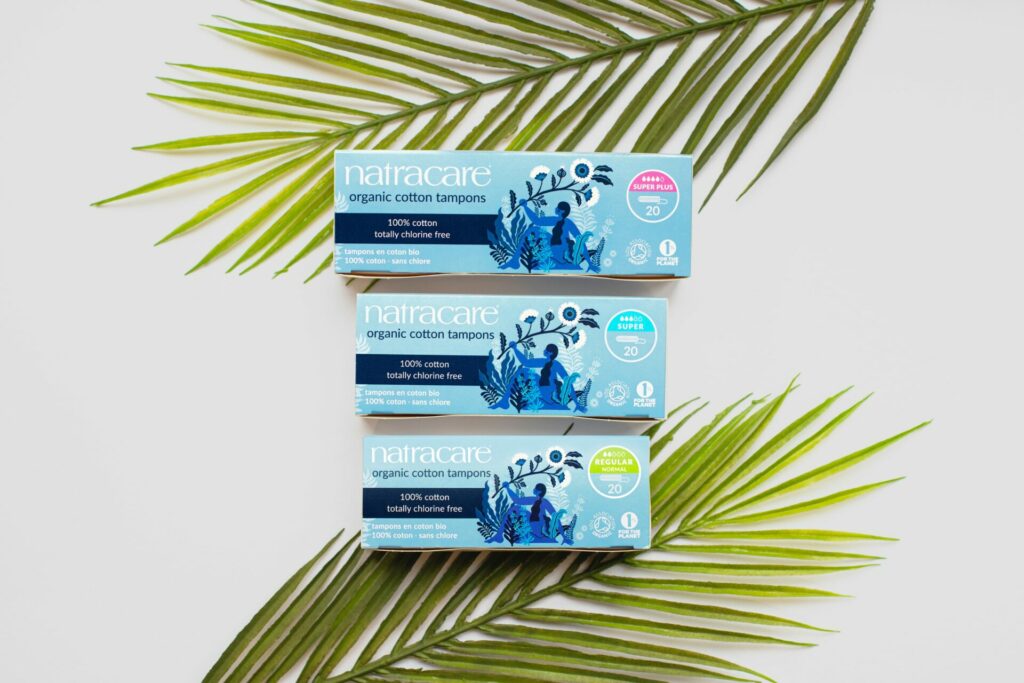Some 300,000 menstrual pads and tampons will be made available free of charge to the 500 detained women in Belgium, announced the Minister for the Fight against Poverty, Karine Lalieux, and the Minister of Justice, Vincent Van Quickenborne.
"Whether at work, at school or in prison, women must be able to protect themselves during their period and live a dignified life. Access to menstrual protection is a basic need, not a luxury or a vanity," said Laliuex.
Until now, only prisoners with no income could access 'hygiene' kits, which include menstrual hygiene products. Other detainees, who worked within prison or benefitted from allowances, could order the products they wanted, but at higher prices than in the industry due to the cost of delivery.
The cost of menstrual hygiene products
Hygiene products aren't cheap, with costs mounting over months and years. Data from the European Parliament estimates that women in Europe spend €675 a year on products related to menstrual hygiene. With an average menstrual lifetime of around 4o years, the total cost for menstrual products is €27,000.
In some countries, the VAT rate for goods that are considered essential, such as fruit and vegetables, is set to 4%; the VAT for period products is around 22%, putting them on par with luxury items.
In 2018, Belgium lowered the VAT on menstrual products from 21% to 5%.
Related News
- Could menstrual leave become the norm in Europe?
- Period poverty: Wallonia to hand out 2.5 million free sanitary pads
- Flemish opposition calls for free sanitary products in schools
Making period products free for women prisoners has been part of a larger campaign to make these products more accessible in general. In 2020, the Belgian government pledged €200,000 to make women's hygiene products more available in order to fight period poverty.
This move was inspired by a decision by the Scottish government which made period products free for everyone.
"We must break the taboo of menstruation," said Lalieux. "A woman should not choose between food for her family or purchasing hygiene aids. The fight against menstrual insecurity is a collective fight."

